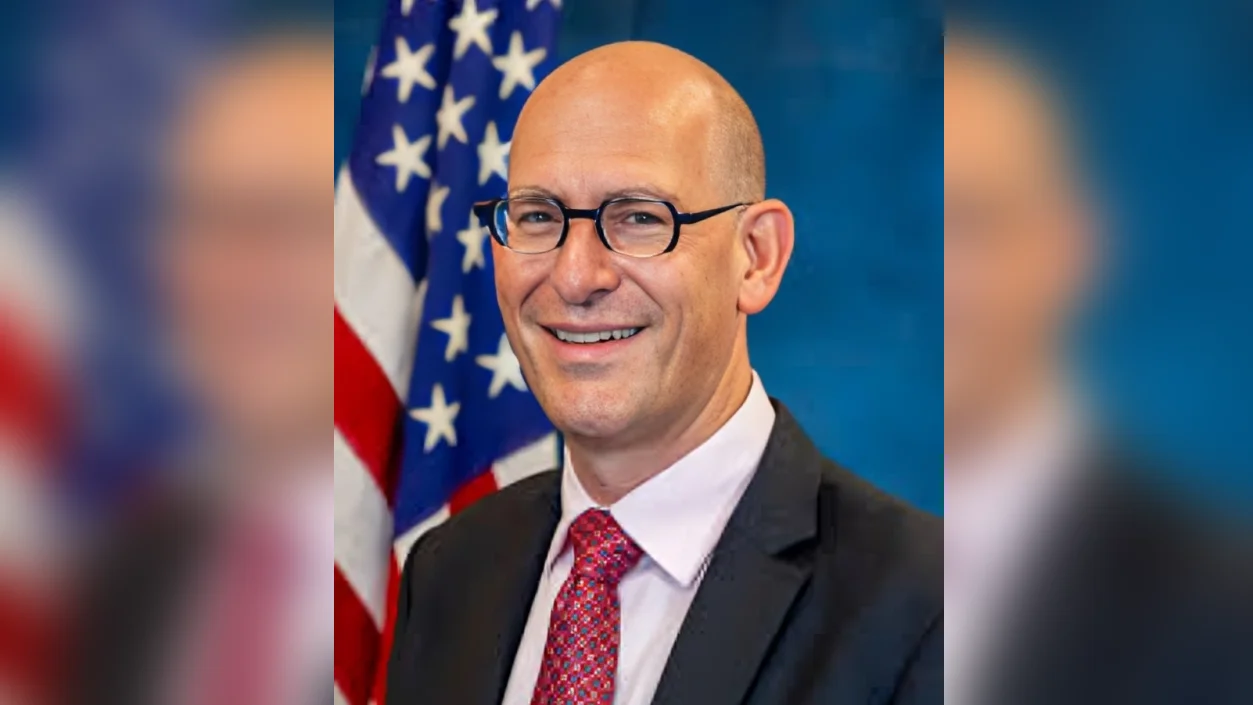Manila, July 2, 2025—The U.S. Embassy in the Philippines collaborated with IMPL-Project Philippines to train over 180 fisherfolk from Zambales, Cagayan, and Sulu. This initiative aimed to enhance their understanding of sustainable fishing practices and bolster their maritime rights in the South China Sea.
Between June 2024 and May 2025, participants attended workshops under the "Empowering Coastal Communities in the Philippines" program sponsored by the U.S. Embassy. Trainers from the Philippine Coast Guard, the Philippine National Police Maritime Group, and the Bureau of Fisheries and Aquatic Resources provided instruction on maritime law enforcement, sovereign maritime rights of the Philippines, strategies against illegal fishing activities, and community information campaigns. The program also explored alternative livelihoods for fisherfolk amid growing maritime tensions affecting traditional fishing grounds.
Fisherfolk joined U.S. Embassy Deputy Director of Public Engagement Chad Kinnear, IMPL-Philippines Executive Director Julius Suarez, and Philippine National Police Maritime Group Zambales Officer-in-Charge Police Captain Vicente Ayaoan for a group photo during the closing event held in Masinloc, Zambales on June 20. “It serves a vital role in mobilizing grassroots action and developing an informed citizenry to better address maritime challenges,” stated Chad Kinnear at the event.
A significant result of this program was establishing three fisherfolk cooperatives: Boundless Unity Steadfast and Inclusive Livelihood Agriculture Cooperative (BUSILAC) in Aparri, Cagayan; Unified Livelihood Agriculture Cooperative (ULAC) in Zambales; and Bangsa’Sug Fishermen Cooperative (BaSFC) in Sulu. These cooperatives aim to provide thousands of fisherfolk with access to support and income-generating opportunities while reinforcing their recognition as stakeholders in coastal governance.
“Through the program, I learned the proper procedures for boat licensing and how to ensure our safety when fishing,” said Roland Fuentes from Zambales and ULAC vice chairman.
Participants viewed this project as a step toward restoring fish stocks, enhancing local resilience, and asserting sovereign rights within its exclusive economic zone.
“We continue working toward long-term solutions to the maritime challenges our coastal communities face,” commented Julius Suarez of IMPL Philippines.
By supporting local fisherfolk further, the United States is committed to strengthening coastal resilience, advancing economic opportunities, and promoting community-led solutions to regional maritime challenges.

